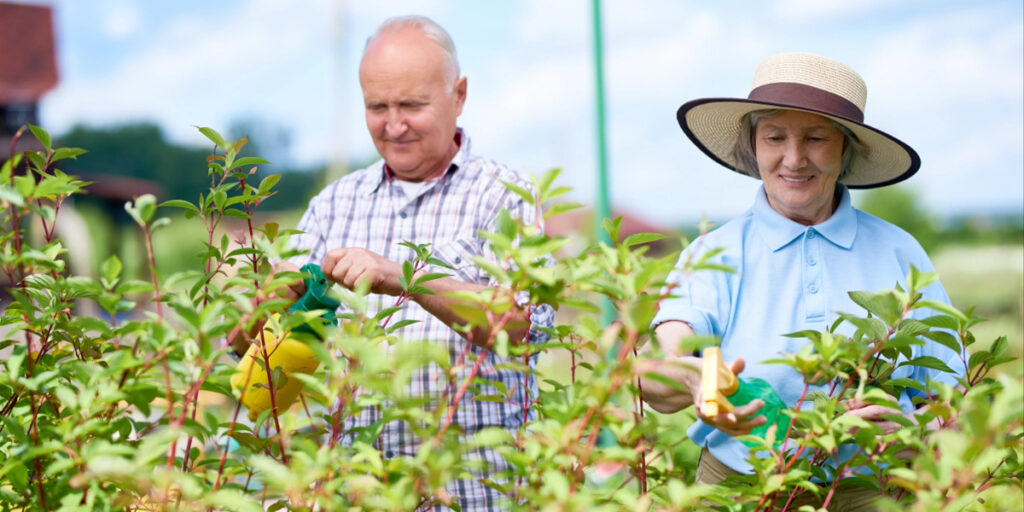Exploring Friendships: Key to Older Adults’ Mental Health
Discover the delightful dance of deep connections, where friendships flourish, and mental health finds solace. Dive into the vibrant world of older adults as we explore the transformative power of companionship.
Loneliness and isolation may cast shadows, but fear not, for we will uncover strategies for building and maintaining friendships. Join us on this research-based journey as we unveil the captivating role of technology and community programs in nurturing social connections.
Embrace the warmth of belonging and unlock the key to a fulfilling life.
Benefits of Social Connections
It would be best if you periodically prioritize significantly contributing to the overall mental health of older adults. Maintaining meaningful relationships and strong social networks can long-term affect emotional well-being.
Research has shown that older adults who have strong support sys and have engaged in regular social activities tend to experience higher levels of happiness and lower rates of depression and anxiety. Social connections provide a sense of belonging and purpose, reducing feelings of loneliness and isolation often accompanying aging.
Regular interactions with friends, family, and community members can also improve cognitive function and memory. These connections provide opportunities for intellectual stimulation, emotional support, and sharing experiences and wisdom.
Impact of Loneliness and Isolation
Loneliness and isolation can have a significant impact on an older adult’s mental health. As humans, we have an innate need for connection and belonging. When this need isn’t fulfilled, it can lead to detrimental effects on our well-being.
Research has shown that social isolation can contribute to increased rates of depression, anxiety, and cognitive decline in older adults. The effects of social isolation go beyond just mental health. It can also have physical consequences such as higher blood pressure,ure and weakened immune system.
Older adults must engage in social activities and maintain meaningful relationships to combat loneliness and isolation. Social engagement provides a sense of purpose and promotes better health and well-being.

Strategies for Building and Maintaining Friendships
Older adults must actively seek out and participate in social activities to build and maintain effective friendships.
One key strategy is to explore and engage in hobbies and shared interests. When you pursue activities you enjoy, you increase your chances of meeting people with similar passions. This shared connection can serve as a solid foundation for building lasting friendships.
Additionally, participating in group activities related to your interests provides opportunities for regular social interactions and fosters a sense of belonging.
However, it’s essential to acknowledge and overcome any barriers to social interaction that may arise. These barriers could include transportation limitations or feelings of shyness or doubt. You can increase your chances of building and maintaining meaningful friendships by actively seeking solutions, such as joining community groups or participating in online forums.
Community Programs and Support Networks
Social connections can improve mental well-being by actively participating in community programs and support networks.
Community programs offer a range of activities specifically designed for older adults, providing opportunities for social interaction and meaningful engagement. Consider joining a local senior center where you can participate in various activities such as classes, art workshops, and group outings. These activities not only keep you physically but also provide a chance to allow your interests.
Additionally, volunteering can be a fulfilling way to give back to your community while forming connections with others. Look for volunteer opportunities in your area, such as assisting at a local charity or mentoring younger individuals.
Role of Technology in Facilitating Social Connections
As an older adult, you can leverage technology to strengthen your social connections and enhance your mental well-being. Online platforms and virtual gatherings offer unique opportunities to engage with others and foster meaningful relationships. Research shows that older adults who actively participate in virtual communities report decreased feelings of loneliness and improved overall mental health.
Online platforms allow you to allow individuals to share your interests and hobbies. Whether joining a discussion in an online gamer playing multiplayer games, platforms can help you meet new people and build friendships.
Virtual gatherings, such as video calls and online events, allow you to stay connected with family and friends, no matter the distance.
Technology also provides access to support networks and resources specifically designed for older adults. From online counselling services to counselling groups, you can find the assistance and guidance you need from the comfort of your home.
Don’t let physical limitations or geographical distance hinder your social connections. Embrace technology and explore many opportunities to connect with others and enhance your mental well-being.











